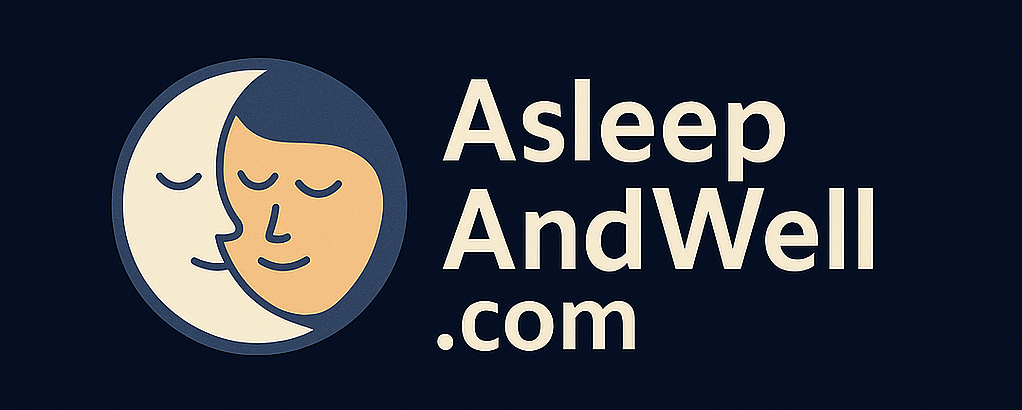🧠 Why Can’t I Turn My Brain Off at Night?
Picture the scene… You’re exhausted. The house is quiet. You’ve done your wind-down routine. But as soon as your head hits the pillow, your brain kicks into overdrive.
Sound familiar? You’re not alone! Lets break this down.
So many of us experience racing thoughts at night – replaying conversations, worrying about tomorrow, or simply listing everything we didn’t get done today. It’s frustrating, exhausting, and often feels completely out of your control.
But it can be managed. Here’s what’s really happening, and how to gently calm your mind so you can finally rest.
💭 Why Your Mind Races at Night
1. Your brain finally has quiet – and fills it
During the day, we’re constantly distracted. Work, noise, people, screens. When things go quiet at night, your brain suddenly has space to start processing — often all at once.
2. You’re unknowingly triggering it
Caffeine too late, a doom scroll before bed, or even finishing work emails just before lights out – these can all quietly cue your brain to stay active and not shut down.
3. Anxiety likes the dark
For some, night is when anxieties speak loudest. The brain loves to “solve problems,” but when you’re lying still with no action to take, it spirals instead.
🧘 What Helps (That Doesn’t Feel Like a Mental Workout)
You don’t need to meditate for 45 minutes or write a gratitude novel. Try one or two of these calm, realistic techniques:
🌬️ 1. Breathe with structure
A simple breathing rhythm gives your mind something gentle to focus on:
Inhale for 4 – Hold for 4 – Exhale for 6
Repeat for 1–2 minutes. No pressure, just rhythm.
📝 2. Write down the noise
Keep a notepad by your bed. Not for journaling – just scribble the stuff that’s circling:
“Dentist at 2pm. Don’t forget the form. Call mum.”
That’s it. Out of your head, onto the page.
🎧 3. Try passive distraction
Low-effort background sound can occupy just enough of your brain to let the rest of you drift:
- Gentle podcast episodes (think calm voices, no true crime)
- Sleep stories
- White noise or rainfall
💡 4. Change how you respond to the thoughts
Instead of fighting the spiral, acknowledge it:
“Okay brain, you’re thinking a lot. That’s what brains do.”
Label it gently, then come back to your breath or sound.
🧰 Tools That Can Help Ease Racing Thoughts
(Note: These are honest suggestions, and some links may include affiliates.)
- Soft-glow sleep lamp – helps signal bedtime without jarring brightness
- Sleep story apps – like Calm or Sleepiest (many have free versions)
- White noise machine – blocks small noises that can trigger more thinking
- Bedtime notepad – place it beside your pillow as a quick brain-dump tool
- Weighted blanket – light pressure can soothe the nervous system
📝 Final Thoughts
You’re not “bad at sleeping.”
Your brain isn’t broken.
It’s just used to going fast, and when the world finally slows down, it doesn’t know what to do with the quiet.
But with a few gentle adjustments, you can retrain it. Not perfectly. Not instantly. But gradually, night by night, toward rest.
You deserve calm. You deserve rest. And you’re not alone in this.
